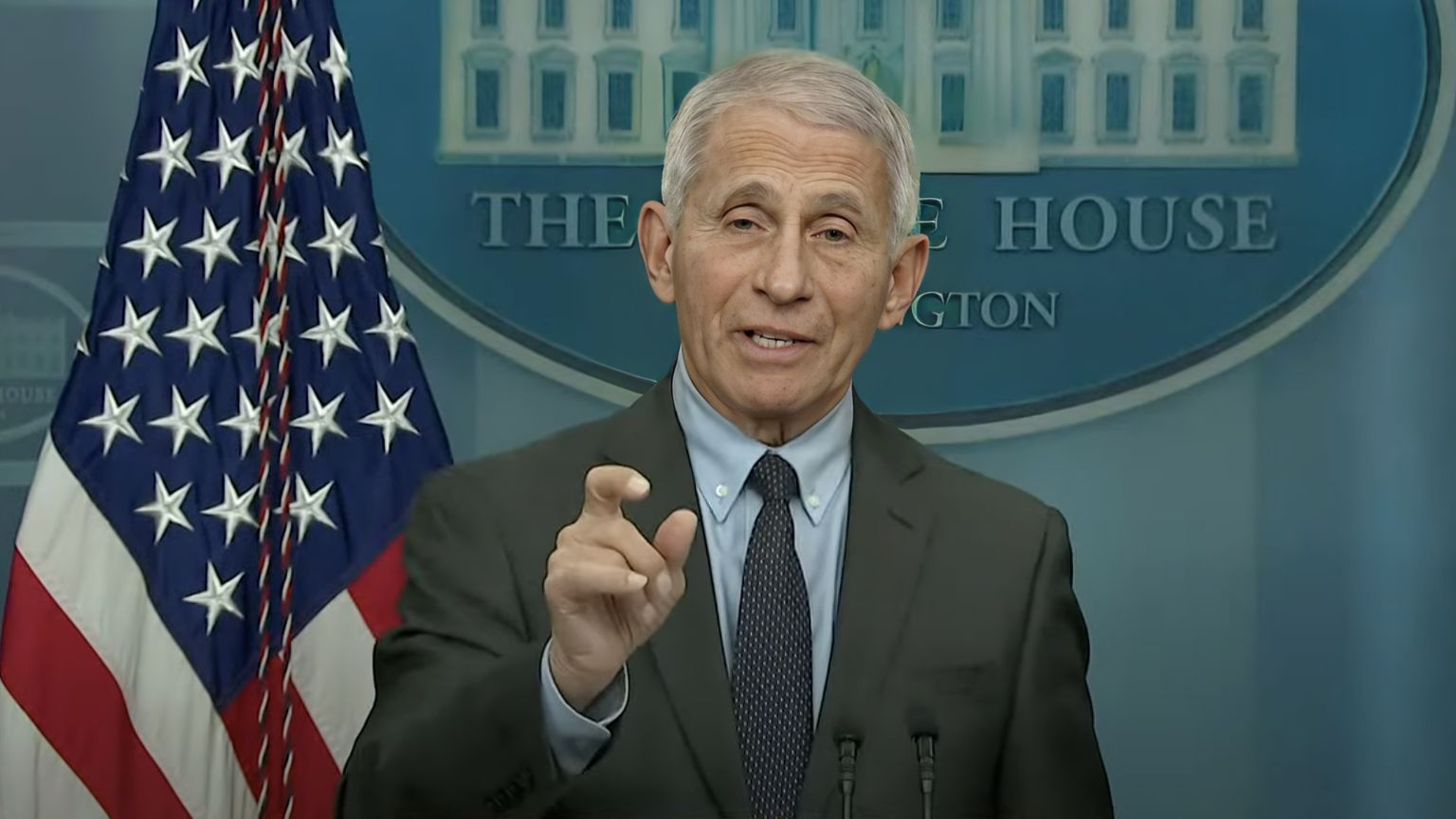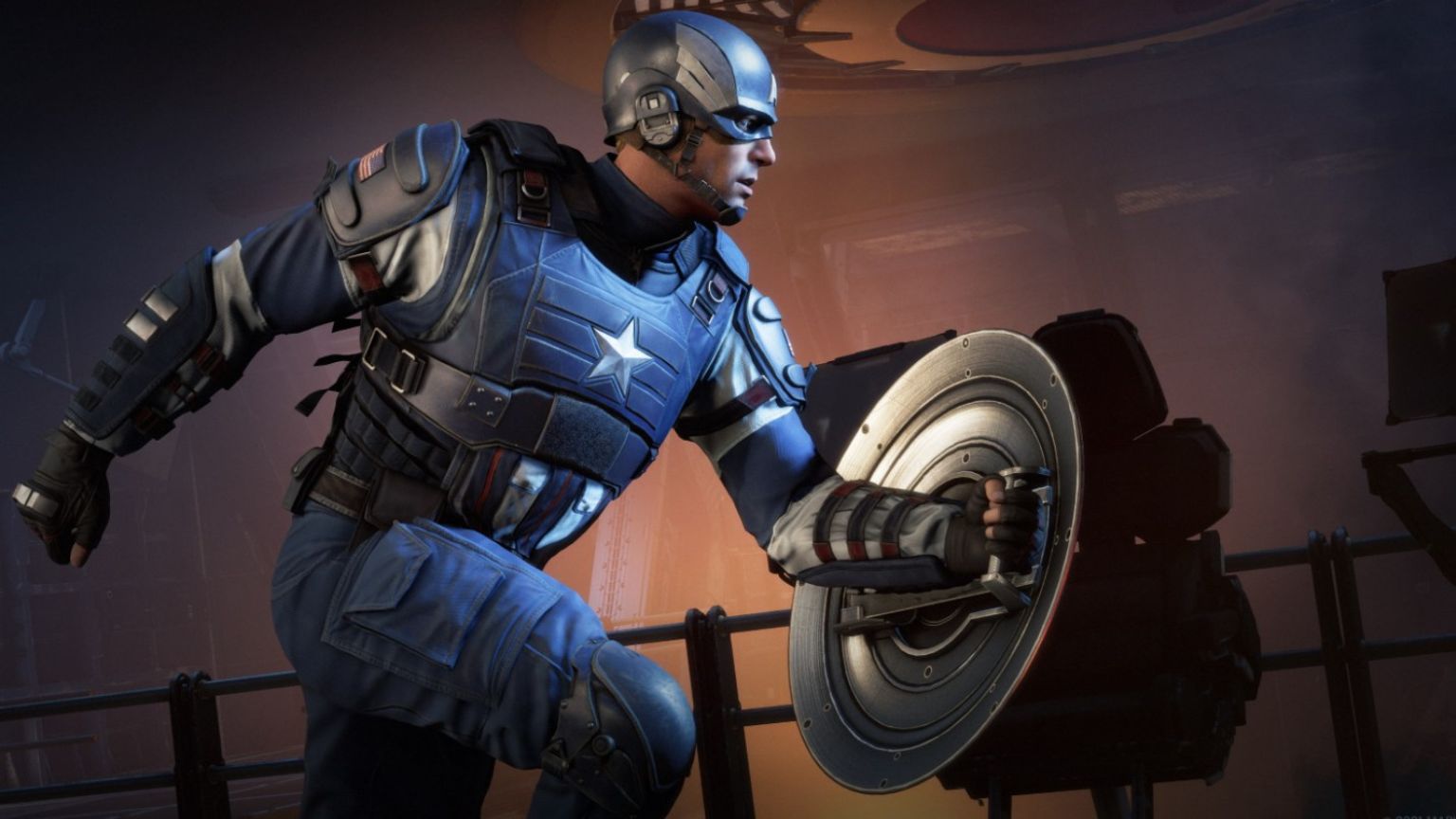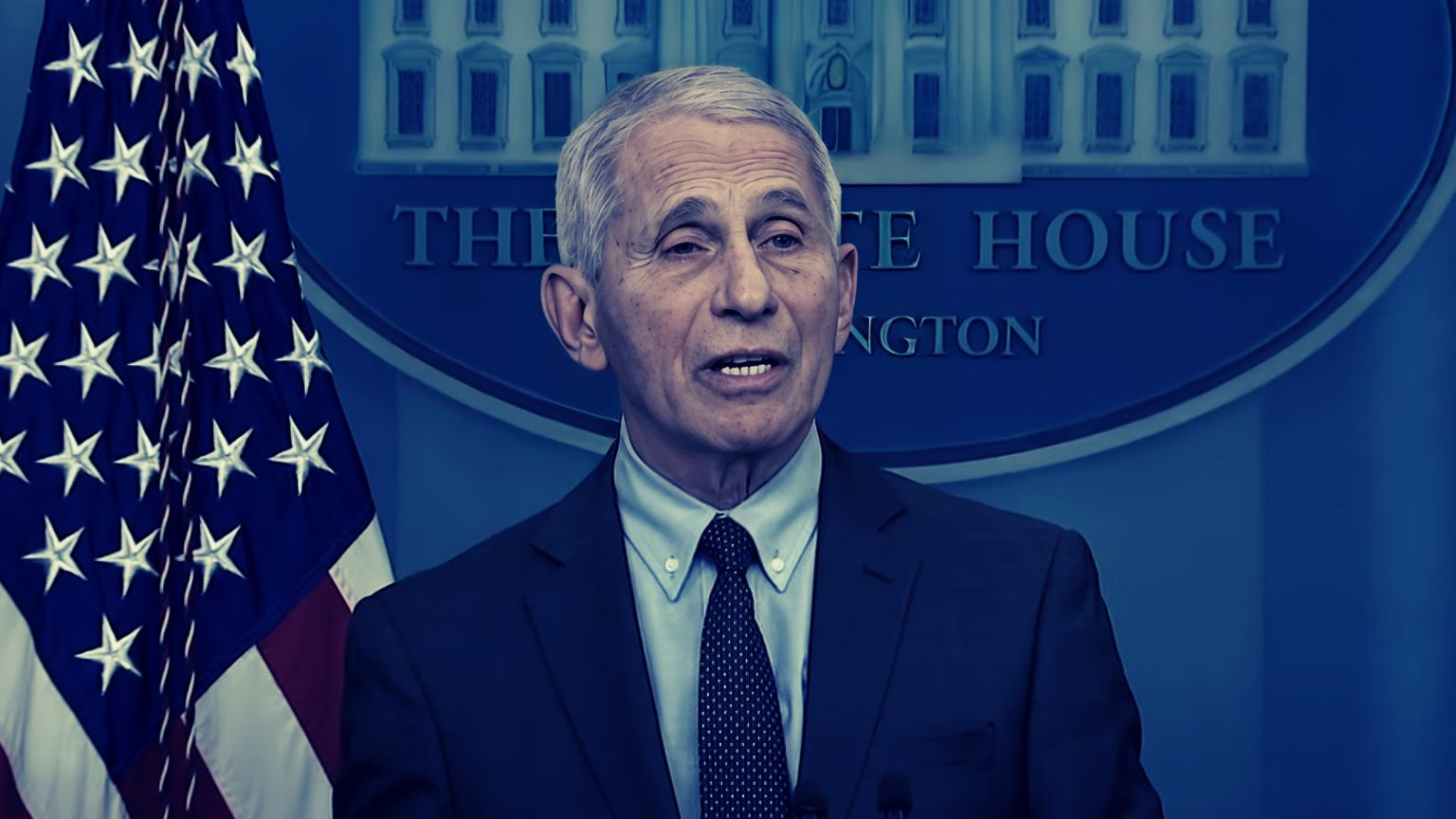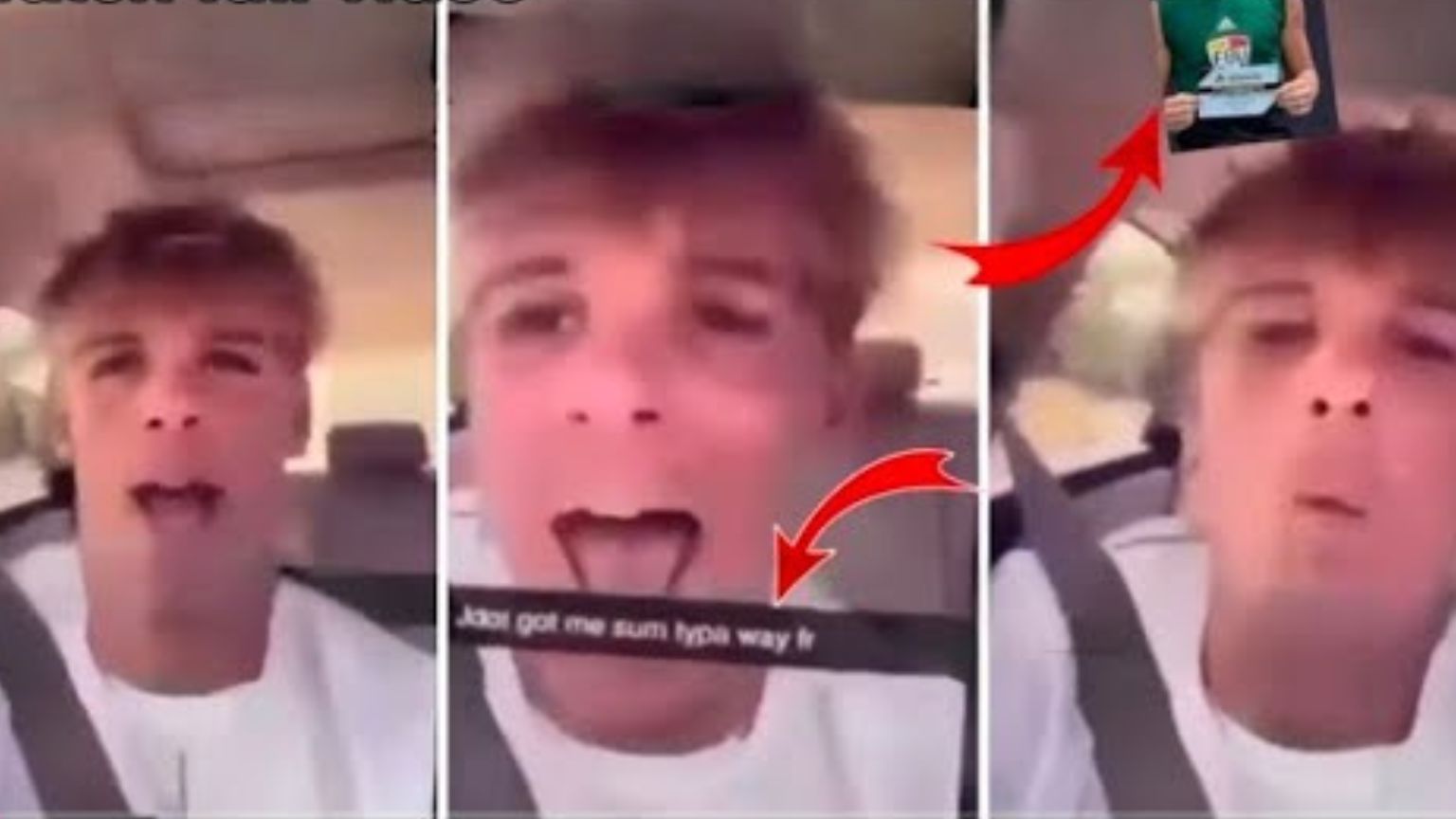The ruling, seen as opposing the First Amendment, includes uploading videos online where they may generate ad revenue.
The US Court of Appeals for the District of Columbia Circuit’s ruling in the Price v. Garland case has been criticized as creating what looks like a confusing precedent involving First Amendment rights implications – and the right of citizens to freely create and publish video material taken in US national parks.
The defendant was US Attorney General Merrick Garland, as well as Shawn Benge, Acting Deputy Director of the National Park Service (NPS), while filmmaker Gordon Price sued them over NPS mandating fees and permits for anything it decides to qualify as “commercial videography” created in national parks.
Price’s filing was prompted by receiving a citation from the NPS and getting a misdemeanor charge for filming in the Colonial National Historical Park back in 2018. Price went on to try to legally challenge the NPS for demanding that citizens making videos in national parks must obtain a permit, and pay money for the privilege – if their creative work was to be deemed “commerc...










 English (US) ·
English (US) ·